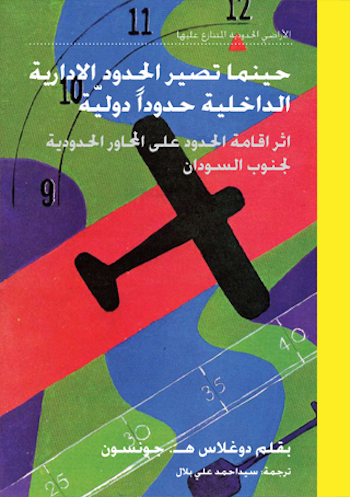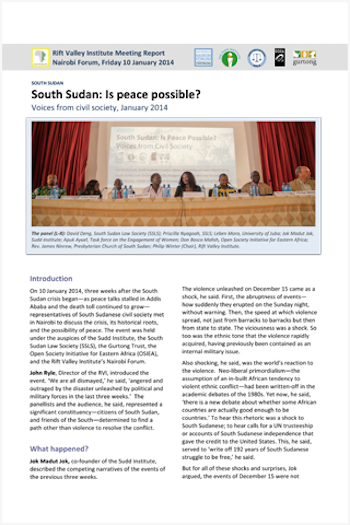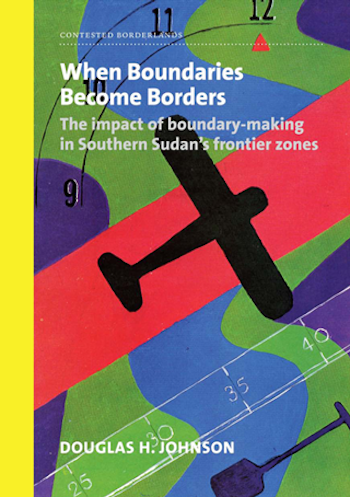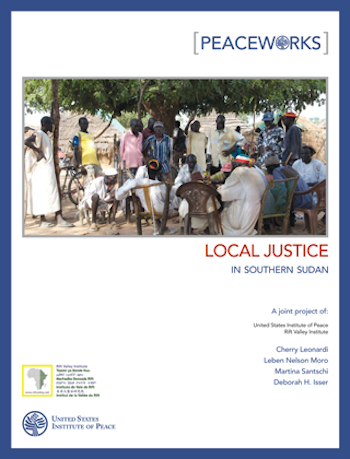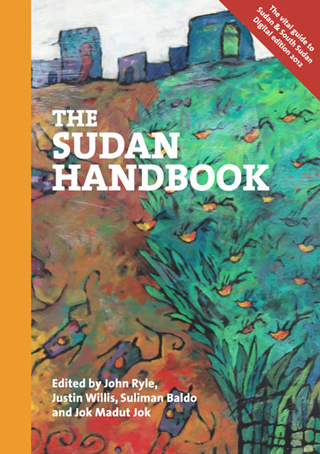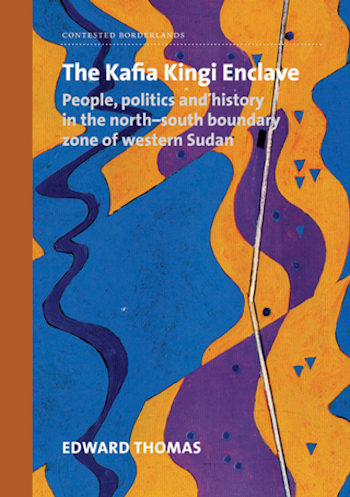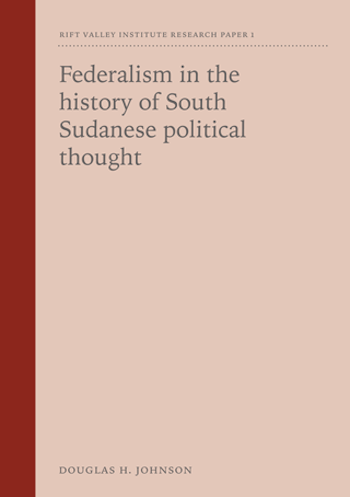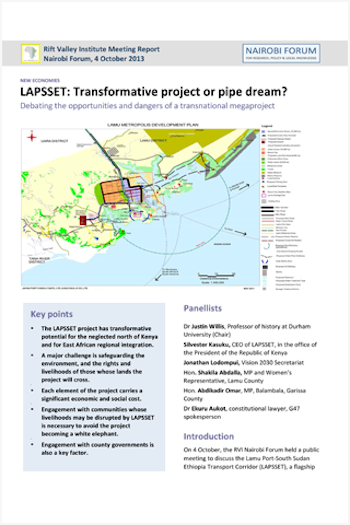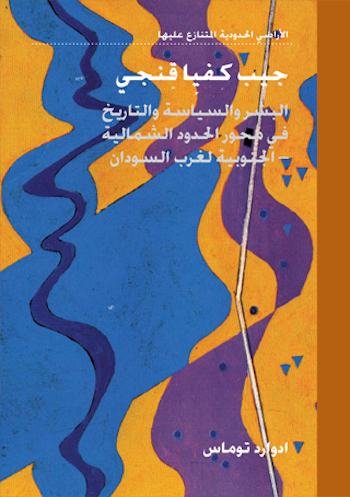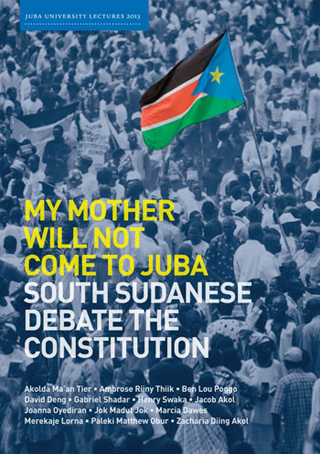ركز النقاش الدائر حول السودَانيْن، الشمالي والجنوبي، على مسالة أين يمر خط الحدود بينهما. ويفحص التقرير الاول في سلسلة الحدود المتنازع عليها، حينما تصير الحدود الاداريّة حدوداً دوليّة، موضوعاً آخر لكنه يتميّز بنفس القدر من الأهميّة هو: الأثر المحتمل…
RVI publishes books, research reports, research papers, briefings and meeting reports in a range of formats. Publications cover policy, research, arts, culture and local knowledge in the countries of eastern and central Africa. Research publications—books, reports and papers—are peer-reviewed. Some RVI publications are also available in French and/or Arabic.
The RVI is a signatory of the Budapest Open Access Initiative (2001); all publications are free for download in PDF format under Creative Commons licences. The views expressed in books and reports published by the RVI are those of the authors, not the Institute.
SEARCH
PUBLICATION TYPE
LANGUAGE
REGION
COUNTRY
Introduction On 10 January 2014, three weeks after the South Sudan crisis began—as peace talks stalled in Addis Ababa and the death toll continued to grow—representatives of South Sudanese civil society met in Nairobi to discuss the crisis, its…
Discussion of the border between Sudan and South Sudan has focused on the question of where the boundary line is to be drawn. When Boundaries Become Borders examines a different, but equally important issue: the potential impact of the…
This report analyses the workings of the justice system in Southern Sudan, focusing on the real-world relationship between local chiefs’ courts and government courts and the ways that litigants navigate between them. Based on extensive interviews with litigants, chiefs,…
Reviews Very useful… highly recommended. AFRICAN AFFAIRS Readable, thought-provoking and intelligent essays that provide a thorough introduction to Sudan and South Sudan SUDAN STUDIES Essential. Original and informative. Belongs in all African studies libraries. CHOICE Succinct and comprehensive AUSTRALASIAN REVIEW OF…
When South Sudan became a separate state in 2011, its northern boundary with the Republic of Sudan became an international border, the longest and most contentious in the region. At the westernmost extremity of Sudan, Kafia Kingi is a…
‘In South Sudan there is no system of governance so popular—yet so little understood—as the federal system. Historically the demand for federation with North Sudan was seen as the way to keep Sudan united, and the absence of such…
Key points The LAPSSET project has transformative potential for the neglected north of Kenya and for East African regional integration. A major challenge is safeguarding the environment, and the rights and livelihoods of those whose lands the project will…
تُعتبر كفيا قنجي الواقع على الطرف الغربي الأقصى للسودان نقطة إلتقاء رئيسية بين دارفور وجنوب البلاد؛ وتخضع هذه المنطقة الغنية بالمعادن حالياً لإدارة جنوب دارفور، لكن من المتوقع إعادتها إلى مقاطعة راجا في جنوب السودان بموجب بنود اتفاقية السلام…
In South Sudan delays in the making of the national constitution have led to public concern. My Mother Will Not Come to Juba: South Sudanese debate the constitution is the record of three evenings of public lectures at the University of…
Recent Publications

2025 Year in Review
February 16, 2026
The 2025 Year in Review provides an overview of the Rift Valley Institute’s work over the past year across eastern and central Africa. The report highlights RVI’s research and publication outputs, education and training activities, and public forums and convenings,

Rethinking Aid in Sudan and South Sudan
January 28, 2026
The brief draws on a joint convening held in Kampala, Uganda, in November 2025, which brought together more than 45 Sudanese and South Sudanese participants representing more than 30 grassroots organizations and international NGOs. Its primary objective is to amplify

EWNET Writes: Writing Workshop Session I
December 18, 2025
The Ethiopian Women Researchers Network (EWNET) inaugural writing workshop series aims to not only provide women researchers with uninterrupted time for their scholarly projects, but also build a supportive academic community. The first session, entitled ‘EWNET Writes: Writing Workshop Session

